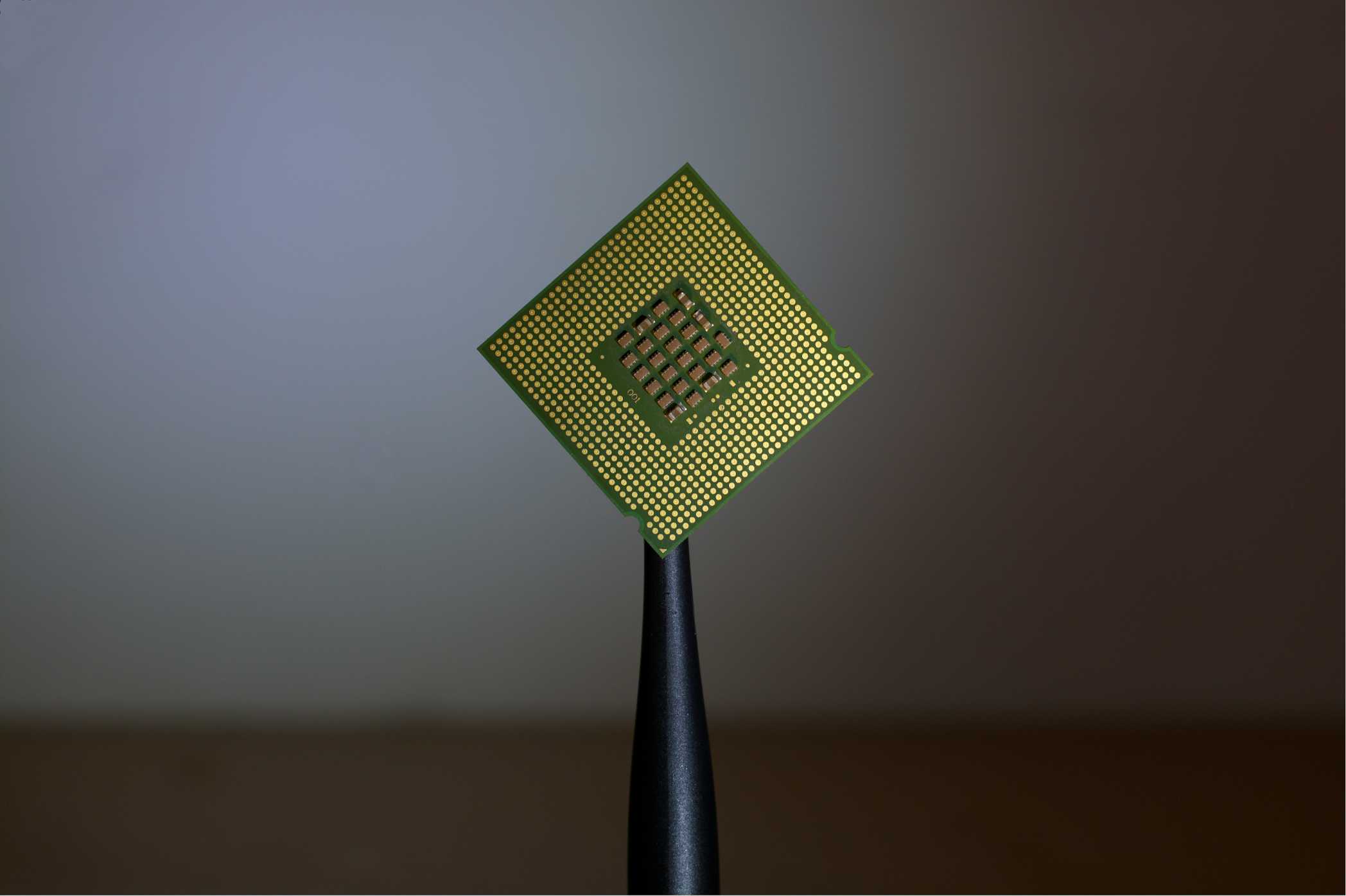The Future of Decentralized Compute
An overview of Decentralized Compute networks, a Web3 sector using crypto incentives to build a more open and resilient alternative to centralized cloud.

For the last decade, cloud computing has been dominated by a few tech giants: Amazon Web Services (AWS), Google Cloud, and Microsoft Azure. These centralized providers offer immense computational power, but they also represent a single point of failure and control. Decentralized Compute is a Web3 movement that aims to create a more open, resilient, and cost-effective alternative.
A Decentralized Compute network is a peer-to-peer marketplace that connects users who need computational power with providers who have spare capacity. By using crypto-native tokens as an incentive, these networks can coordinate a global network of computers to create a powerful, distributed "supercomputer."
The Problem with Centralized Cloud Computing
- Single Point of Failure: An outage at a single AWS region can bring down a huge portion of the internet.
- Censorship Risk: A centralized provider can de-platform applications or users at will.
- High Costs: The lack of competition can lead to high and often opaque pricing for cloud services.
How Decentralized Compute Works
Decentralized compute networks use a blockchain and a native token to create a trustless marketplace for computation.
- Providers: Individuals or data centers with spare CPU or GPU capacity can connect their machines to the network. They are the "miners" of the compute network.
- Users: Developers or researchers who need to run a computational task (like rendering a 3D model, training an AI model, or running a web server) submit their job to the network.
- The Marketplace: A smart contract-based marketplace matches users with providers. The user pays for the compute resources using the network's native token.
- Verification: A key challenge is verifying that the computation was performed correctly. Many networks use cryptographic techniques, such as Zero-Knowledge Proofs, to allow providers to prove that they executed the job correctly without having to re-run the entire computation.
Key Projects in the Space
- Akash Network: A decentralized cloud computing marketplace built on the Cosmos SDK, focusing on providing general-purpose compute for applications like dApp backends and blockchain nodes.
- Render Network: A decentralized network specifically for GPU rendering. It allows 3D artists and animation studios to tap into a global network of idle GPUs to render complex graphics much faster and cheaper than with traditional methods.
Decentralized Compute is a core part of the "DePIN" (Decentralized Physical Infrastructure Networks) narrative. While still in its early stages, it holds the promise of creating a more open, resilient, and competitive market for the foundational resource of the digital age: computation.
Why This Matters
Understanding this concept is crucial for your professional success. In today's dynamic workplace environment, professionals who master this skill stand out, earn higher salaries, and advance faster. This is especially true in Web3 organizations where communication and collaboration are paramount.
Step-by-Step Guide
Step 1: Understand the Fundamentals
Begin by grasping the core principles. This foundation will inform everything else you do in this area. Take time to read about best practices from industry leaders and thought leaders.
Step 2: Assess Your Current Situation
Evaluate where you stand today. Are you strong in some aspects and weak in others? What specific challenges are you facing? Understanding your baseline is critical.
Step 3: Develop Your Personal Strategy
Create a plan tailored to your situation. Everyone's circumstances are different, so your approach should be customized. Consider your role, team dynamics, organization culture, and personal goals.
Step 4: Implement Gradually
Don't try to change everything at once. Start with one small change and build from there. Track what works and what doesn't. This iterative approach leads to sustainable improvement.
Step 5: Measure and Adjust
Monitor your progress. Are you seeing results? Adjust your approach based on feedback and outcomes. This continuous improvement mindset is essential.
Real-World Examples
Example 1
Consider Sarah, a developer at a blockchain startup. She struggled with {topic} until she implemented these strategies. Within 3 months, she saw dramatic improvements in her {relevant metric}.
Example 2
Juan, a product manager in DeFi, faced similar challenges. By following this framework, he was able to {achieve outcome}. His experience demonstrates how universal these principles are.
Example 3
Maya, transitioning from Web2 to Web3, used this approach to quickly adapt. Her success shows that this works regardless of your background or experience level.
Common Mistakes to Avoid
-
Rushing the Process - Don't expect overnight results. Sustainable change takes time.
-
Ignoring Feedback - Your colleagues, managers, and mentors see things you might miss. Listen to their input.
-
One-Size-Fits-All Approach - What works for someone else might not work for you. Adapt these strategies to your context.
-
Giving Up Too Soon - Change is uncomfortable. Push through the initial discomfort to reach better outcomes.
-
Not Tracking Progress - You can't improve what you don't measure. Keep metrics on your progress.
FAQ
Q: How long will this take to implement? A: Most people see initial results within 2-4 weeks, with significant improvements visible within 8-12 weeks. The timeline depends on your starting point and how consistently you apply these strategies.
Q: What if my workplace environment doesn't support this? A: Even in challenging environments, you have more agency than you might think. Start with small actions and build momentum. If the environment truly prevents progress, it might be time to consider other opportunities.
Q: How does this apply specifically to Web3? A: Web3 organizations often have flatter hierarchies, more remote teams, and faster pace than traditional companies. This makes these skills even more critical for success.
Q: Can I implement this alongside my current role? A: Absolutely. You don't need extra time-just intentionality in your current work. Integrate these practices into your daily activities.
Q: What resources can help me go deeper? A: Check the related articles section below for deeper dives into specific aspects. Also consider finding a mentor who excels in this area.


